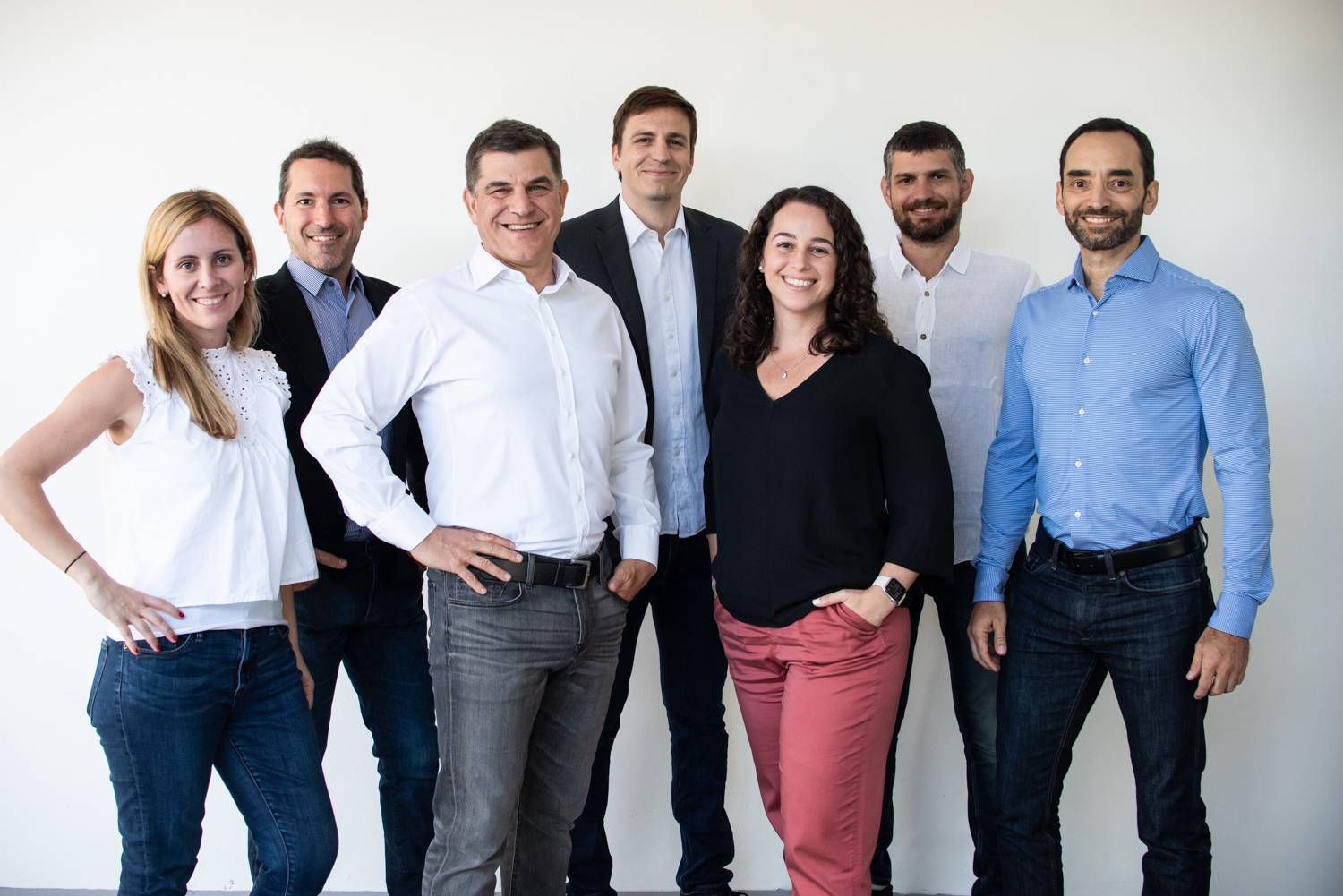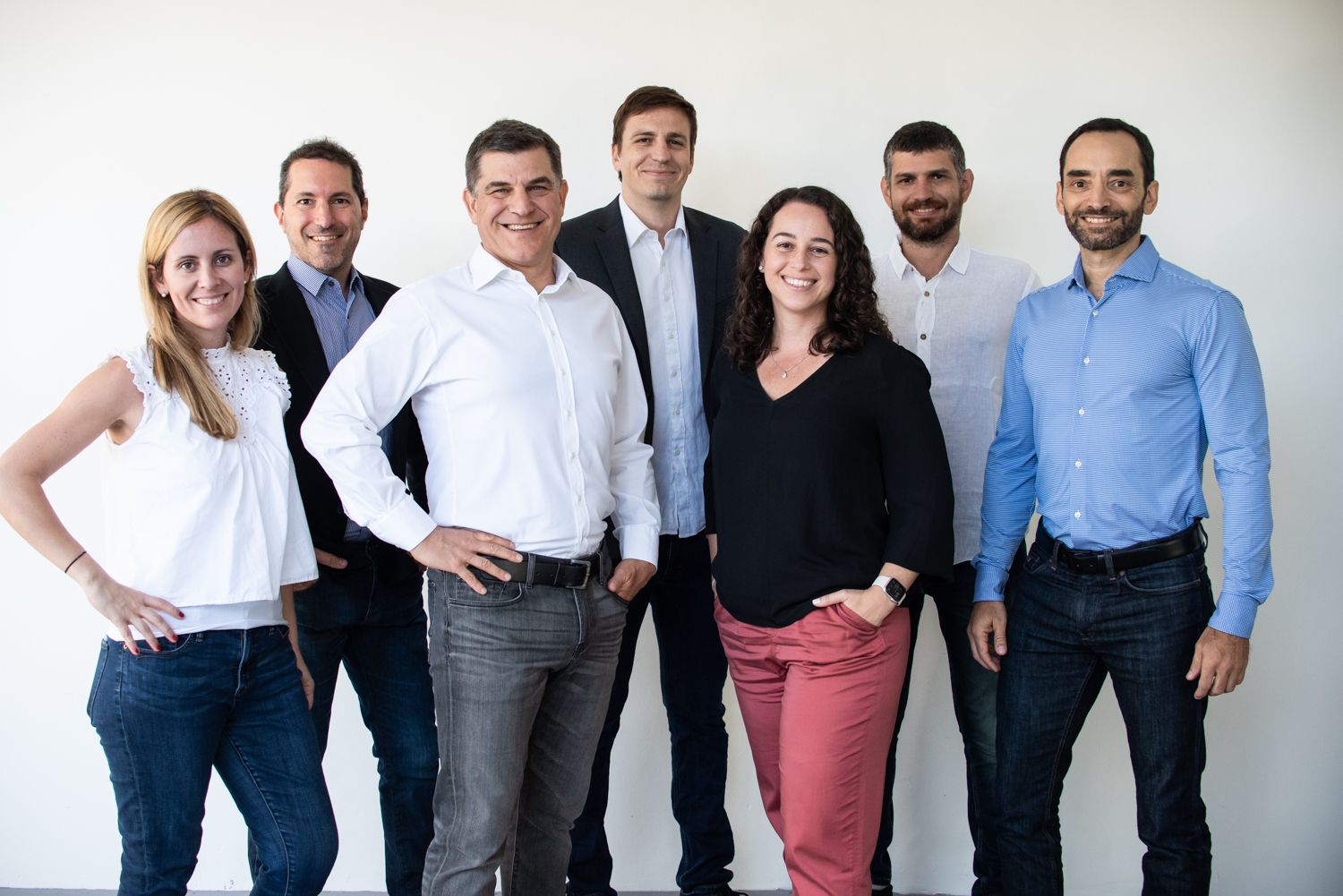
Kaszek earmarks nearly $1B in new funds for Latin American startups
Kaszek Ventures, one of Latin America’s first venture firms, has raised $975 million across two funds.
Specifically, the São Paulo-based firm has closed on Kaszek Ventures VI, a $540 million early-stage fund and Kaszek Ventures Opportunity-III (KVO-III), a $435 million vehicle for later stage investments.
In recent years, there has been an explosion of global investor interest in Latin American startups. The region’s startup scene saw a boom, with a large spike of fundraises in 2021 with VC capital deployed totaling $15.9 billion in 2021, (up from $2 billion in 2018) according to LAVCA. While that frenzy has tapered off some ($7.8 billion was deployed in 2022), Latin America is still home to a growing number of unicorns and successful startups.
Since 2011, Kaszek has backed more than 120 companies, which the firm says collectively have raised more than $15.5 billion in capital.
Kaszek plans to put money in 20 to 30 companies out of its early-stage fund (at the seed, Series A and Series B stages), with check sizes ranging from $500,000 to $25 million, according to Hernán Kazah, Kaszek’s co-founder and a managing partner. Its Opportunity Fund investments will be more concentrated, with the firm aiming to back 10 to 15 companies with check sizes ranging from $10 million to $50 million. KVO-III will mostly provide later-stage capital to Kaszek’s portfolio companies but will also look for primary and secondary opportunities outside the firm’s early-stage portfolios, said Kazah.
“We seek out exceptional founding teams whose business plan is centered on the strategic utilization of technology to gain a competitive advantage. We don’t limit ourselves to any specific sector,” Kazah said. Indeed, portfolio includes companies in a range of industries such as fintech, enterprise/SaaS, proptech, insuretech, health tech, edtech, e-commerce, food tech, climate tech, biotech and blockchain. They include Nubank, QuintoAndar, Kavak, Creditas, NuvemShop, Bitso, Gympass, Notco, MadeiraMadeira, Loggi, Konfio, Technisys, Kushki and Cora.
The firm’s most notable exit is digital bank Nubank, which it first invested in during the pre-seed round “when the company was merely a PowerPoint presentation,” said co-founder and managing partner Nicolas Szekasy. That company went public on the NYSE in December 2021.
Geographically, Kaszek has been most active in Brazil and Mexico, and has also invested in teams based in Colombia, Chile, Argentina, Ecuador, Peru and Uruguay.
MercadoLibre co-founder Kazah and the company’s ex-CFO, Szekasy, founded Kaszek 12 years ago after leaving what some describe as LatAm’s answer to Amazon. (The firm’s name comes from a combination of their two last names: Ka-Szek.) Rounding out the team are Nicolas Berman (former VP at MercadoLibre), Santiago Fossatti, Andy Young, Mariana Donangelo and Angie Udry.

Image Credits: Kaszek
Kaszek founded its first fund in 2011, raising $95 million, an impressive sum at that time. Funds II and III closed in 2014 and 2017, raising $135 million and $200 million, respectively. By 2019, Kaszek had closed on its fourth fund, raising $375 million and its first Opportunity Fund, reserving $225 million for later-stage investing in existing portfolio companies. It last raised funds in 2021, $475 million for early-stage investing and $525 million for its opportunity fund.
According to the firm, each of its two new funds were “oversubscribed.”
The firm’s LP base remains consistent with that of its previous funds, according to Kazah, and is made up of university endowments, philanthropic foundations, technology investors and entrepreneurs around the world.
In 2022, said Szekasy, most companies in Latin America “used the year to re-calibrate their plans, and traded-off some top line growth to improve margins and establish a path to profitability.”
“Looking forward to 2023, pipeline opportunities are robust,” added Kazah. “The technology sector has faced some short- to mid-term pressure globally due to recent market adjustments. However, it is important to note that long-term trends in this sector remain unchanged. In fact, historically, some of the most iconic and successful companies have been built during times of scarcity and economic uncertainty.”

